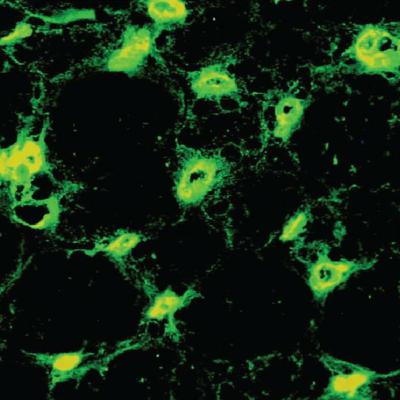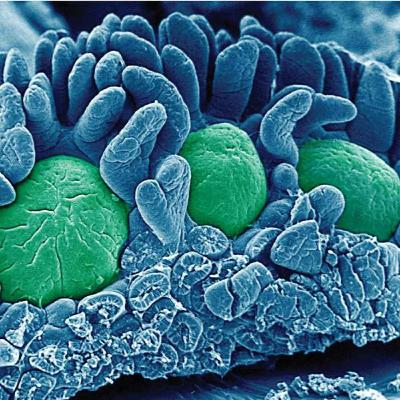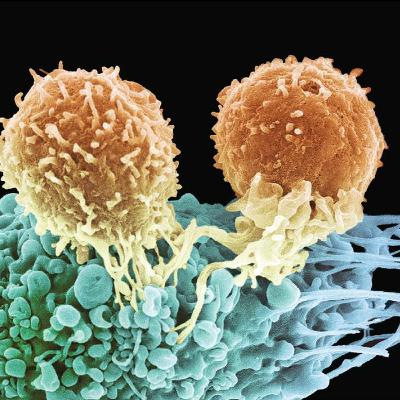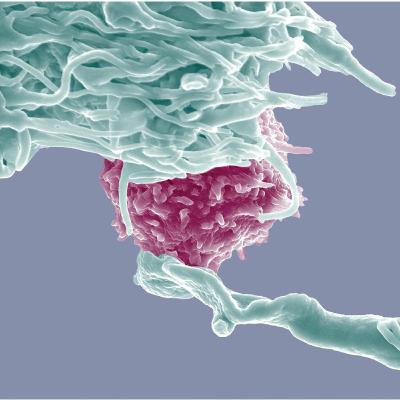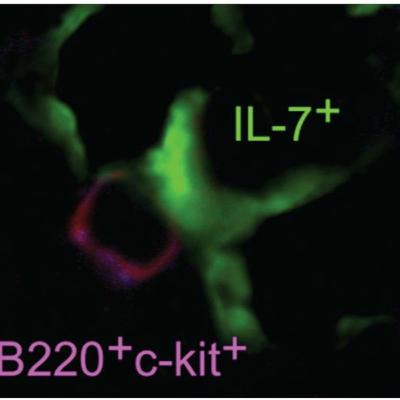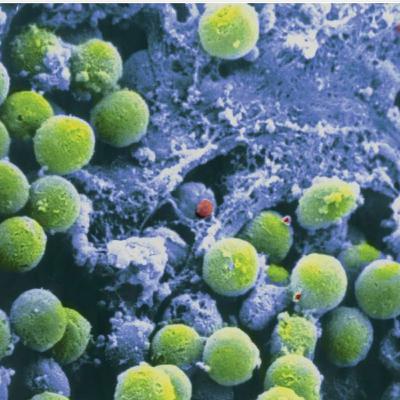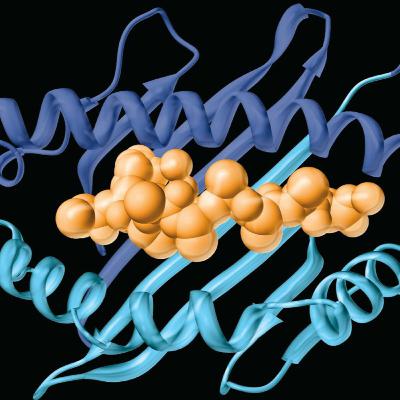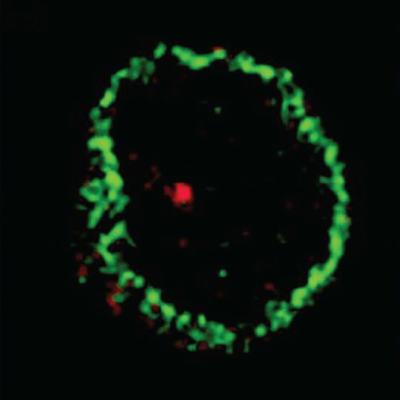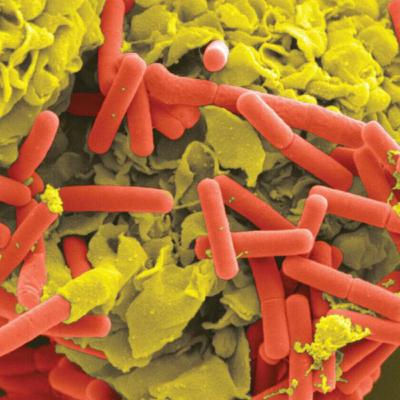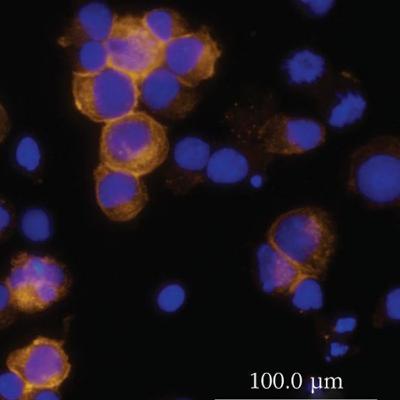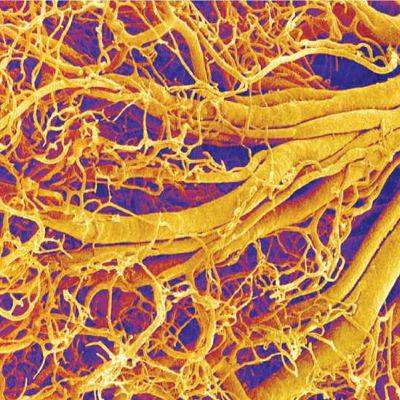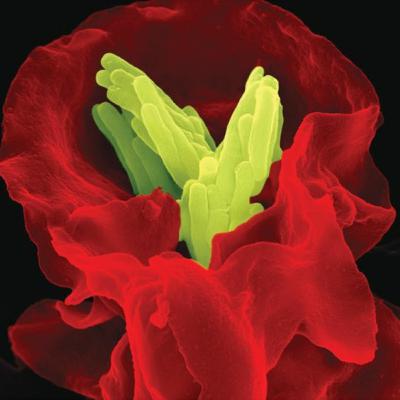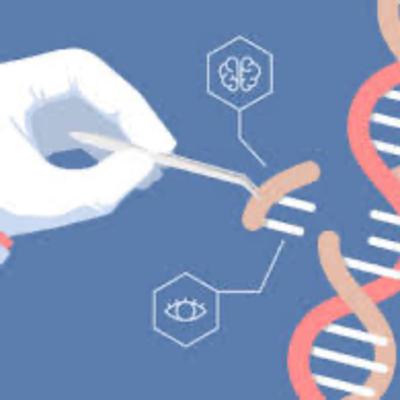The Complement System (Immunology part 5)
Description
The complement system is a collection of serum proteins, many of which circulate in inactive forms and require cleavage or conformational changes for activation. These proteins include initiator molecules, enzymatic mediators, membrane-binding components (opsonins), inflammatory mediators, membrane attack proteins, complement receptor proteins, and regulatory components. Although complement protein genes predate those encoding adaptive immune system receptors, complement proteins play roles in both innate and adaptive immunity. Key effector functions are performed by proteins such as C1q and C3b, which act as opsonins in phagocytosis by coating microbial surfaces and facilitating recognition by complement-specific receptors on macrophages. Other complement proteins act as anaphylatoxins, promoting increased blood flow and capillary permeability at inflammatory sites. Additionally, the membrane attack complex, formed by certain complement proteins, creates pores in microbial membranes or infected host cells, causing lysis and death. Due to its destructive potential, a robust regulatory system co-evolved with complement proteins to target microbial threats while minimizing host cell damage. The critical role of the complement system in host defense is evident in the variety of microbial strategies developed to evade it, including mimicking or co-opting host regulatory proteins, destroying complement components, or disrupting their interactions with one another or with antibodies. As new pathogens emerge, novel evasion mechanisms continue to develop.

